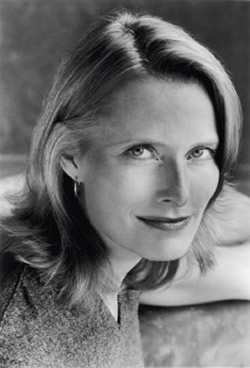|
So by that time I knew I wanted to be a writer, and I never wavered—ever—from that point. Not that I was confident; I had no reason to be confident. And I often had no reason to be confident, because anyone would agree that I didn't stand out as being particularly talented or gifted, ever…
But I continued on pretty much undeterred. And so in a way I've come to think that it was really a good thing, because I think I was just someone whose abilities developed very slowly. But I was very determined and committed, and so even without that external validation I was able to find a way to keep myself doing this, and I feel that it equips me well for the long haul, because there are a lot of times where you don't have that kind of external validation. You have to find a way to work without it. You must know that, too…
In Phil's [Phillip Schultz] class I started to find my way back to just a sense of what makes fiction worth reading. His big emphasis was getting at the emotional truth of what you were doing. No amount of cleverness or trickiness matters without that, and so I started to get that back in his class. And finally I was able to read a story the whole way through which was so meaningful that I think I started to cry when he told me I could keep going…
Having never been someone who expected or received that sort of anointment, it was a deeply shocking paradigm shift for me to think that that [the Pulitzer Prize for her novel, A Visit from the Goon Squad] could actually happen to me. I had sort of defined myself—not unhappily—as a person who didn't go that route but kept going, just trying to get a little better, and usually did get a little better each time too. So it just showed me what I already knew: there really are no rules about who does and doesn't get this stuff. It's luck and chance and things can line up in anyone's favor.
| 

